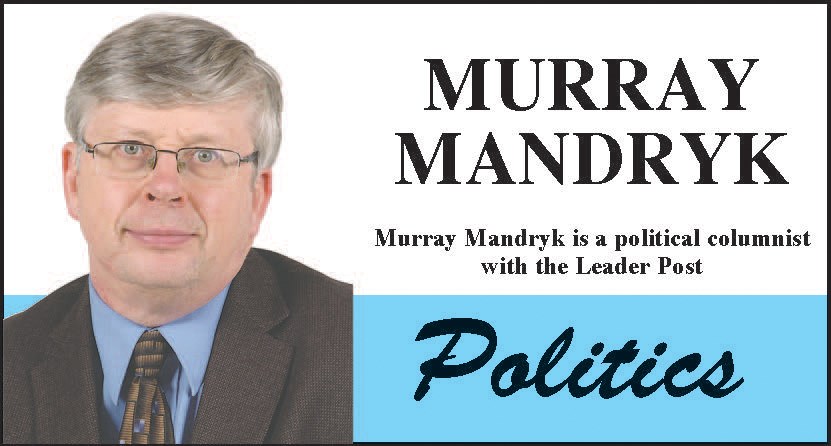It didn’t take long for the great carbon tax fight to start in 2019, although it can argue that it never really ended.
It has just carried on from 2018 and years previous.
The difference now is 2019 is a federal election and the carbon tax is an issue that both of the major Liberal and Conservative combatants see as a winner for them.
So batten down the hatchets, folks. We are in for a lot of politicking on the carbon tax.
The nonsense started rather early on New Year’s Day, with federal Liberal Envrionment Minister Catherine McKenna tweeting the following:
“This year, it will no longer be free to pollute anywhere in Canada, as we put a price on pollution to cut emissions. Our resolution is to stay focused on you, and every Canadian who works hard to make tomorrow better than yesterday, and this year better than the last.”
It was a message filled with as many half-truths as political sanctimony.
For starters, if the Environment Minister was so determined to put a cost on pollution, she might start with a federal levy on the city of Montreal for the sewage it is dumping into the St. Lawrence River.
But, at the risk of adding to the already-too-excessive cynicism out there, one doubts federal Liberals are as truly determined to make polluters as they claim.
If they were, logic dictates they wouldn’t quite so eager to offer Canadian families rebate so they can simply keep their gas tanks filled and, thus, keep polluting.
At the very least, it suggests that Liberals true first priority is re-election. They know that taxing voters without a rebate would put their electoral chances somewhere at the NDP’s unelectable level.
Sadly, they also know full well that sacrificing a few Western seats in Alberta and Saskatchewan where the bulk of oil-producing jobs are is likely to have little impact on Liberal chances of securing a second-term that will be determined by votes down east.
That said, is it any more cynical than what we have heard from Andrew Scheer’s Conservatives who have yet to put forward a discernible plan to combat GHGs because ignoring an issue is always easiest?
Yet it seems Conservatives have few problems playing footsy with the climate-change deniers who choose not to accept the the fact that GHGs are a major cause of manmade warming of the planet.
But, like McKenna, Scheer and the Conservatives have wrapped their carbon tax position around the notion of “fighting for the little guy” — the people who control their politcians fate when they go the polls later this year.
Not even willing to take New Year’s Day off, Scheer and federal candidates and Senators held a Jan. 1 press conference at Regina’s Giant Tiger discount grocer and took square aim at the extra 4.65 cents a litre we will be paying on gas when the carbon tax comes into effect in April.
Scheer offered no credence to the Liberal government rebate that will be especially beneficial to the working poor.
Some might argue that this is a natural extension from past Conservative arguments of protecting the livelihood of oil-industry workers that Trudeau and the Liberals are roundly ignoring.
But there was something cynical about Conservatives driving their Lexuses in the Giant Tiger (a chain in which a Conservative MP’s family owns) for this announcement. New Democrats, in particular, were already noting the above.
After all, the Conservative record on supporting the working poor hasn’t exactly been great.
And while Scheer and company do deserve credit for standing up for laid-off oil industry workers, it’s hard not to notice that big, profitable oil companies are still among the biggest financiers of the federal Conservatives.
Expect to see a lot more of this, folks. It is an election year.
Murray Mandryk has been covering provincial politics for over 22 years.



